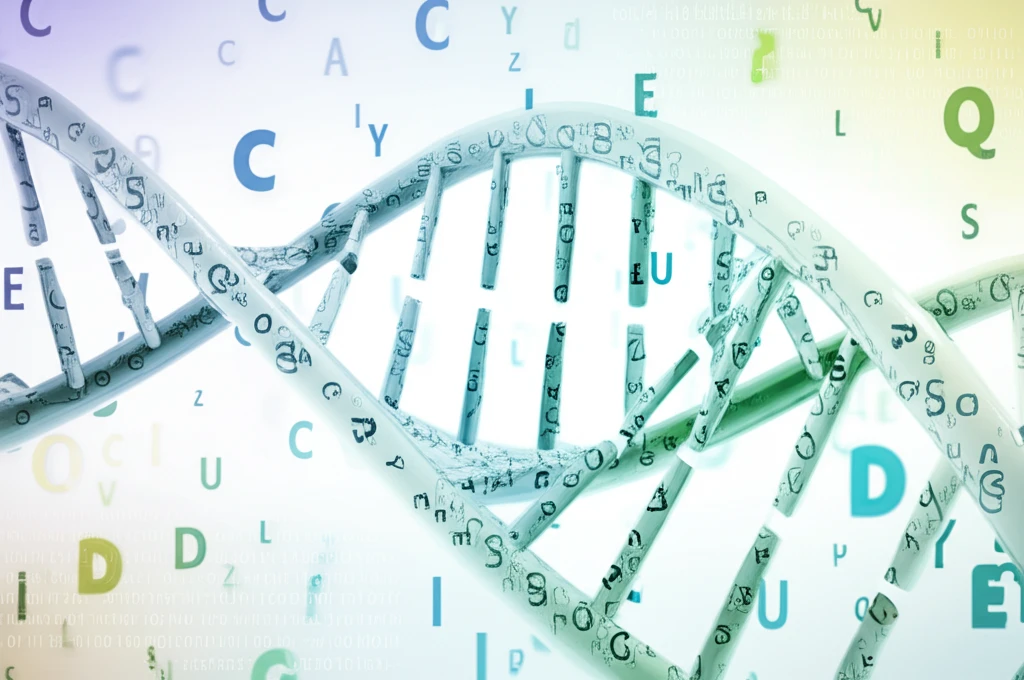
Decoding Medical Terminology: How 'Word Mutations' Impact Healthcare
"A closer look at how errors and evolution in medical language affect diagnosis and treatment, and what we can do to ensure clarity."
Just as our genetic code shapes our physical selves, the language of medicine—medical terminology—frames our understanding of health and disease. The study published in the Journal of Cellular and Molecular Medicine highlights a fascinating parallel: just as DNA is subject to mutations, medical terminology evolves, sometimes with significant consequences for patient care.
Think of it this way: our bodies are built on the precise instructions encoded in our DNA. When errors occur in this code, the results can range from minor variations to serious diseases. Similarly, when medical terms are used incorrectly or evolve haphazardly, it can lead to confusion, misdiagnosis, and ultimately, suboptimal treatment.
This article explores how 'mutations' in medical terminology—stemming from historical errors, linguistic shifts, or even simple misunderstandings—can muddy the waters of healthcare. We'll also delve into the importance of standardizing medical language to ensure clear communication and improve patient outcomes.
The Leukaemia 'Mutation': A Case Study in Terminology Evolution

The term "leukaemia" itself provides a compelling example of how medical terminology can evolve—and how errors can become embedded in common usage. As the study points out, the word, coined by Virchow from the Greek words for 'white' (leukos) and 'blood' (haima), was technically misspelled from the start.
- The original misspelling arose due to a linguistic 'indel'—a deletion of /h/ and insertion of /k/ when joining the two Greek words.
- This 'mutation' highlights how even seemingly minor errors can become fixed in medical language.
- The leukaemia example illustrates the subtle yet significant impact of historical linguistic practices on modern medical vocabulary.
Moving Forward: Towards Clarity in Medical Language
The evolution and occasional errors in medical terminology are not merely academic concerns; they have real-world implications for patient care. Ensuring accurate, standardized language is an ongoing process that requires collaboration among healthcare professionals, linguists, and technology experts. By embracing a culture of precision and continuous improvement in our medical vocabulary, we can help ensure that patients receive the best possible care.
